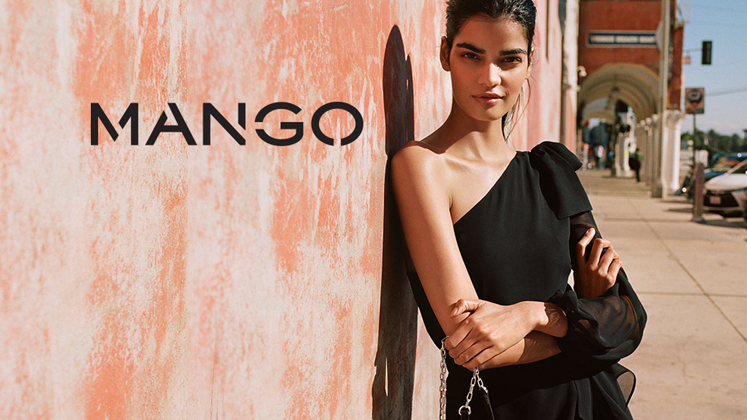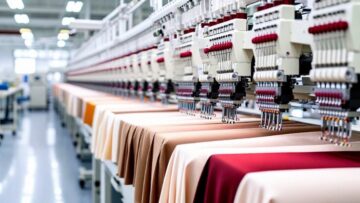
Mango, a Spanish clothing company, has revealed that it has invested in Recovo, a B2B marketplace that specialises in selling deadstock fabric that would otherwise be considered textile waste.
Mango is looking to increase its efforts in sustainability; thus, the move is timely.
A convertible equity loan from Mango will be used to help Recovo’s textile waste business as part of the deal. The project features an acceleration programme where business owners can get first-hand information about Mango’s operation as well as receive mentoring and advice.
The acceleration programme aims to promote innovation in Mango, detect new growth opportunities, and participate in the development of new technologies or business models. The plan also includes mentoring sessions, training and collaboration, so that the meetings with the entrepreneurs help to foster networking.
Recovo is a re-commerce platform for textile, yarn and production material waste. Through textile recovery, businesses may minimise their environmental effect while giving a second life to textile surpluses. Recovo offers a company strategy that uses technology, traceability and community involvement to promote a circular economy.
The start-up, founded in 2021, now participates in the Mango StartUp Studio acceleration process, in which entrepreneurs receive training on the purchase and sale of textiles in a major fashion company, product architecture and UX for a personalised experience, the development process and architecture of an own marketplace, in addition to recommendations for the creation of a Recovo logo that will be recognised by the industry.
By 2050, Mango’s Strategic Sustainability Plan seeks to eliminate all emissions. To do this, the company has set intermediate goals for 2030: a 35 per cent reduction in greenhouse gas emissions from its supply chain, products and services, fuel and energy, transport and distribution, and a 35 per cent reduction from its direct greenhouse gas emissions.
Last February, the company brought forward its sustainability targets after 80 per cent of all garments in 2021 were marketed under the Committed label. Mango also forecasts that by 2025, 100 per cent of the polyester used will be recycled, 100 per cent of the cellulose fibres used will be of controlled origin and traceable, and 100 per cent of the cotton used will be more sustainable.
In 2020, Mango signed the United Nations Fashion Industry Charter for Climate Action, which outlines 16 principles to advance collectively to lessen the impact of the fashion industry on the environment. In 2019, the company reaffirmed its commitment to sustainability by joining the Fashion Pact, the first global movement in the fashion industry to join forces and work together to fight climate change.






